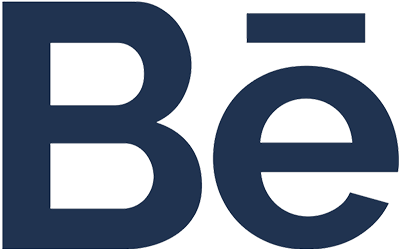Whilst addressing this theme, I first thought it was a heavy topic at a time where we need more casualness, and then I thought you certainly didn’t choose this topic by coincidence. So I asked myself what people know about resilience, which could be a word that was strayed from its original meaning.
Originally, resilience was a term used in agronomy to describe a soil which came back to life after a natural disaster, a flood or a fire : it isn’t the same flora or the same fauna as before but it’s a new form of life which knows how to develop itself.
This term was then used by neuropsychiatrists, in particular Boris Cyrulnik, to describe this ability to bounce back that humans have when facing trauma. It has been used for example after the horrors of concentration camps during the Second World War or after terrorist attacks. They found out that we were not all prepared the same way to face trauma, that we did not all react the same way when faced with an event which causes our brains to shut down because the pain is too intense, and therefore, that we won’t all have the same ability to redevelop ourselves.
Statistically in our lives, 100% of us will go through hardships, probably half of us will live these hardships as trauma where the brain “collapses” because it is too intense, difficult and painful for us. And only 30% will be equipped with resilience, meaning they will be able to start developing themselves again, different, but with interesting growth.

